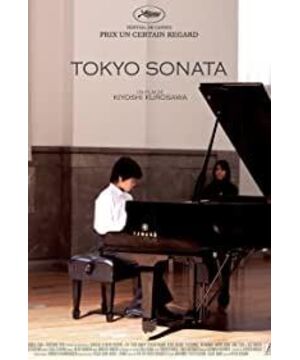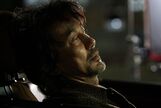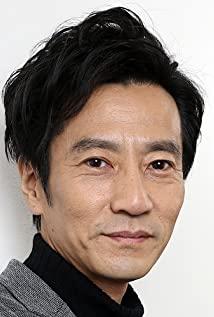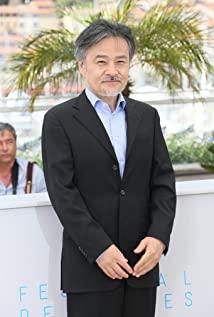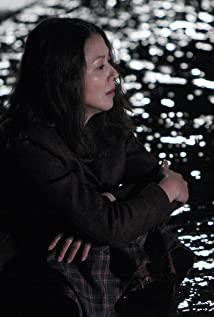At the beginning of the film, the small family of four is actually a microcosm of Japanese society in this era. For a standard family of four, the harmony of the family largely determines the stability of the country. Like a huge ant colony of office workers, men squeeze the bus and subway to work on time to make money, and the gentle wife silently sends her husband out and does housework at home. In a stressful big city like Tokyo, men are finally unemployed, and family problems unfold.
Sasaki, a typical Japanese man image. Not good at words, good face, and trying to find a job to make money after being unemployed is worthy of appreciation, but she uses domestic violence to set off her uselessness and cowardice.
The wife is virtuous and gentle, and the image of a traditional Japanese woman is powerless against domestic violence.
The outbreak of the Middle East issue saw the relationship between Japan and the United States. Agui applied to join the army to join the war, and nominally protected the country with his own strength. In fact, it reflected that Japan, which had been under the protection of the United States for a long time, was unwilling to be protected and longed for national independence and strength. Interestingly, the TV in the film often reports news about China's rich resources, whether it means that a strong China and rich resources are the targets.
Kenji's simplicity and dedication to music are what I admire, and I also see his own shadow and hope for the future.
The movie was released in 2008, just in time for the financial crisis. The Japanese social system is not immune. Many people in the capital Tokyo are still unemployed. The film focuses on the unemployment and family problems of middle-aged men. Our country is similar to Japan in some aspects, just like the current college students living in ants, working diligently every day, but not seeing the direction of the future. However, Japan has done better, arranging social security for the unemployed. Let them receive social assistance, eat relief meals, and find a way out of waiting for life in hardships.
Sasaki was unconscious in a car accident, his wife eloped with a thief, Agui joined the army and his life or death was uncertain, and Kenji ran away from home and was jailed as a suspected juvenile offender. It was originally thought to end in tragedy, but in the end, there was a reversal. The family of four reunited and gave the audience hope of life. Like most Japanese movies, it's still a narrative style, with no climactic plots, and a touch of sadness from beginning to end. In general, this is an excellent work reflecting the Japanese social theme of the times.
View more about Tokyo Sonata reviews


